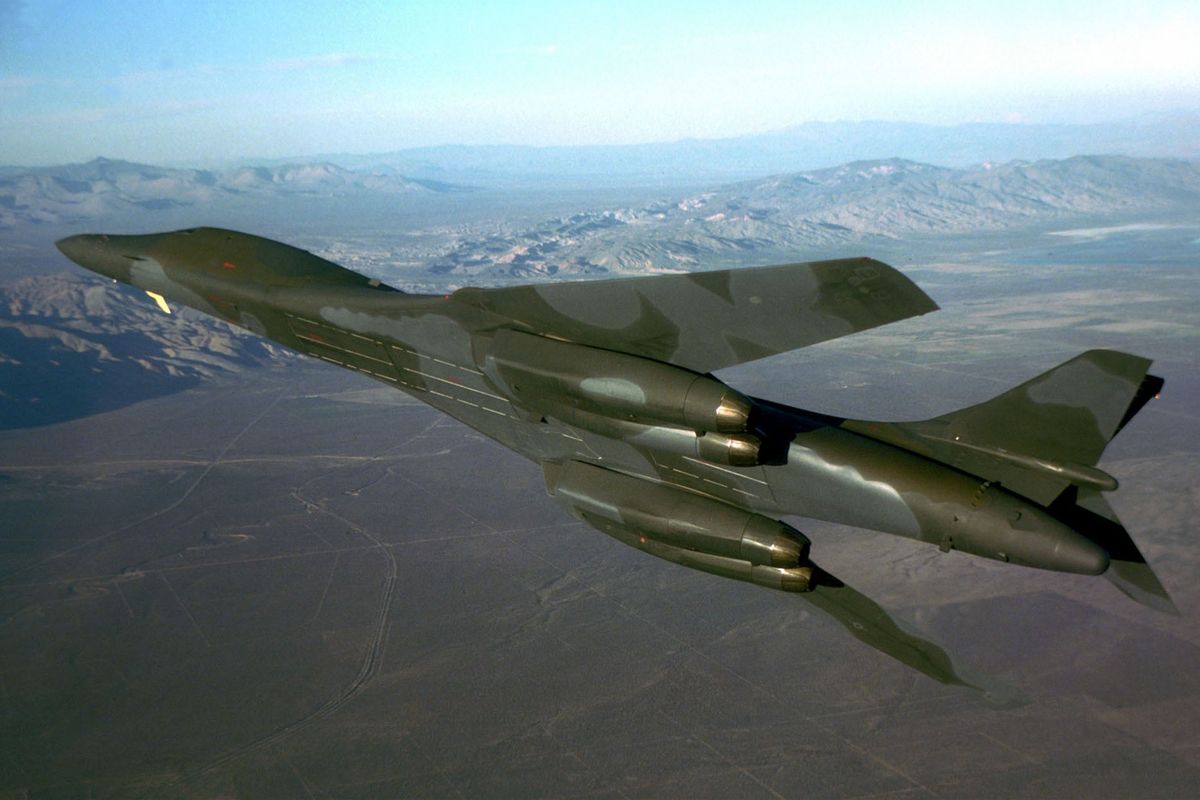Secretary of Defense Ashton Carter’s assertion that the battle to dislodge the Islamic State in Iraq and Syria (ISIS) from Raqqa “starts in the next few weeks,” caught many by surprise. The Syrian rebels Washington supports are struggling to survive, have lost hope that the Americans will ever supply them the weapons they need, and are merely waiting for an administration, which has frustrated them at every turn, to ride into the sunset.
The Syrian Kurdish Peoples Democratic Party (PYD) has been the main beneficiary of American aid. American arms and training have helped the PYD wrestle away 20 percent of ISIS’ territory in Syria. But when Turkey, with its more powerful and professional army, entered Syria in August to ostensibly clear ISIS from its border, the PYD lost its favorite son status in Washington. Worse, Turkish tanks soon turned their turrets away from ISIS and towards the Kurds to prevent them from augmenting their gains. This caused the PYD, which along with its Arab allies, known as the Syrian Defense Forces (SDF), had been talking of an offensive against Raqqa, to shift course. Today the Kurds are more focused on avoiding Turkish artillery than they are on trying to roll back ISIS.
Ever since the Pentagon’s train and equip program was shut down in October 2015, Washington has been talking up the merits of the SDF. It claims that the organization has been playing a vital role alongside its Kurdish allies in clearing ISIS from such towns as al-Hawl and Shadadi. In June, a Pentagon spokesman claimed that Arabs constituted 80 percent of the more than 3,000 forces fighting in Manbij. But local sources, who closely followed the fighting, note that the PYD did the lion’s share of the combat. Washington’s claims to the contrary cannot mask the fact that Kurds are occupying Arab territory, leaving the local population no happier than it was under ISIS’ control.
But Raqqa may prove too much for the Kurds. With a pre-war population of over 200,000, it is by far the largest city that the PYD has put in its cross hairs. An almost exclusively Arab city with no Kurds, it holds limited appeal to the PYD. And the PYD’s true goal is to close an 80 kilometer gap between Manbij and Tel Rif’at in the northern Aleppo countryside to create a contiguous Kurdish territory stretching almost the entire length of the Syrian-Turkish border. For these reasons, the group has not established a Raqqa Military Council, a formality it has employed in the weeks preceding its attacks against other ISIS cities.
In the province of Aleppo, Washington’s allies from the Free Syrian Army (FSA) have slowly been reduced to schools of sardines trying to remain relevant in a sea of sharks. Besieged by Russian airstrikes, hemmed in by ISIS, and at the mercy of larger Islamist brigades, these groups’ primary goal is to survive until tomorrow. Many complain that Washington often turns the weapons spigot off and does not listen to their concerns. Most are small brigades with less than 1,500 fighters, too few to make much of a dent in ISIS’ Aleppo footholds, let alone march on Raqqa.
The larger problem FSA groups face is that the regional outside powers favor Islamist brigades, which leave Washington uneasy. Qatar is chummy with the most extreme factions, supporting the former al-Qaeda affiliate Jabhat al-Nusra (now renamed Jabhat Fatah al-Sham), which has chased out several Western-backed groups. It similarly supports Ahrar al-Sham, a big tent outfit hosting fighters with diverse sympathies, ranging from ISIS supporters to more moderate political Islamists. Turkey has worked closely with Qatar, further marginalizing the most moderate FSA groups.
The Persian Gulf countries continue to play a unique role in the Syrian conflict. When they want to push back regime forces, they flood their clients with weapons. Such a policy led to the fall of large parts of the province of Idlib in April 2015. However today, these nations have grown wary of the war and Washington’s passive stance. Saudi Arabia is more concerned with propping up its proxies in Yemen than pouring more resources into the Syrian stalemate. Moreover, Riyadh has given up on the current U.S. administration, which has frustrated it across an array of issues. The kingdom is waiting for the next administration, hoping that their mutual priorities better align.
Ever since its gains in the spring of 2015, ISIS has been on the wane. It has lost a string of cities in Iraq and large swaths of provincial farmland in Syria. However, while the multi-pronged siege it faces in Mosul may lead to collapse there, the group will be able to fall back on its remaining Syrian territory. For, as long as Washington fails to craft a coherent policy in Syria, its allies will never be able to muster the forces necessary to dislodge ISIS from Raqqa.













